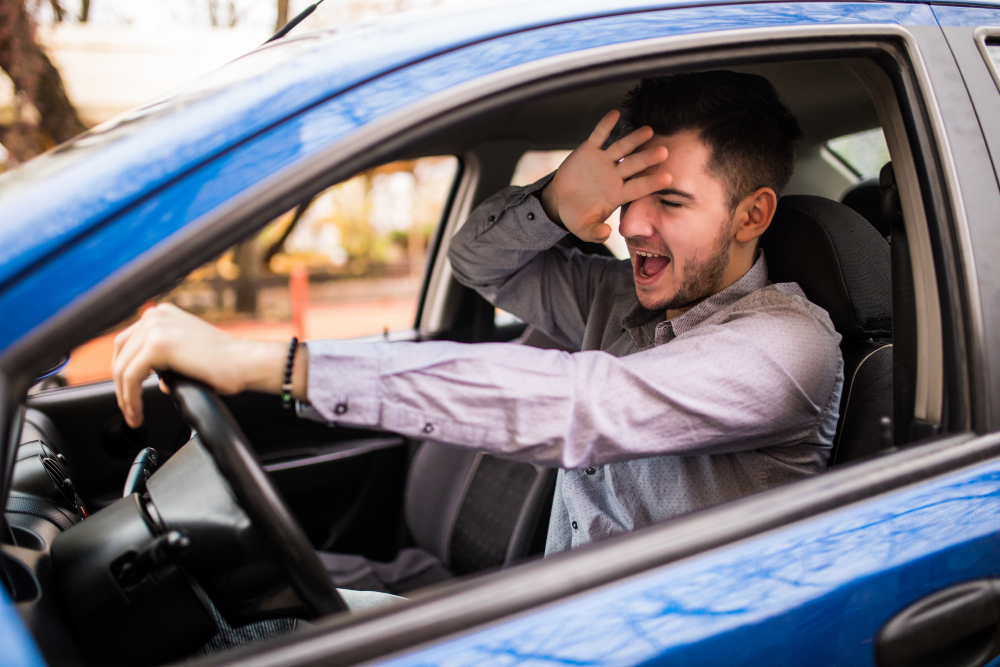
Drunk driving is a problem in Toronto, as it is in most major cities. It occurs when a person gets behind the wheel of a vehicle after having consumed too much alcohol, or in other words, having difficulty keeping it together on the road.
Realizing how frequently this happens can give people a sense of why it’s a deal and why authorized help, such as from the leading criminal lawyer in Toronto, is significant. Here’s a look at how prevalent drunk driving is in Toronto and what it all means.
The Numbers Tell the Story
Police in Toronto handle drunk driving cases constantly. Every year, many thousands of drivers are caught driving while impaired (or intoxicated).
The figures soar even further on busy evenings, such as New Year’s Eve or long weekends. There have been reports of police arresting multiple individuals in a single night, evidence that this is a continuous problem.
Why It Happens
Alcohol is also involved in many social events, so drunk driving is relatively the norm. People visit bars, parties, or restaurants and sometimes believe they’re well enough to drive home.
Few others prepare ahead of their ride and take their chances. This is very common in Toronto, where streets thrum with life, and there are many offerings at night.
Despite warnings and penalties, many drivers disregard them and continue driving in Brampton or other nearby areas. At the same time, their license has been suspended, resulting in numerous arrests and criminal charges.
The Consequences Are Serious
How can we steer clear of drunk driving charges in Toronto? Under Canadian law, it is a criminal act. If the police pull you over and your blood alcohol level exceeds 0.08, you will be charged.
Penalties include fines of $1,000, a driving ban for up to one year, and even jail time for multiple offenders.
A conviction gets you a criminal record, which can harm your life. Protections in employment law may not help you if your boss learns about it, and travel to other countries can get complicated.
Who Gets Caught
Toronto drunk drivers come from all walks of life. Some are rookie drivers, others senior citizens who should know better.
Some even make it worse because there have been cases reported of parents driving drunk with a child in the car.
Repeat offenders are also an issue, some are pulled over repeatedly, yet they continue to drive. Top criminal defense lawyers spend much time helping clients like this get their penalties reduced.
How Police Catch Them
Toronto Police do everything they can to prevent drunk driving. They established RIDE programs and checkpoints, pulling drivers over and testing them randomly.
Officers monitor for cars swerving or speeding, then pull them over to look for alcohol. Breath tests taken at the roadside indicate whether someone is over the limit.
If so, they’re arrested and taken to the station for additional tests and many others get criminal charges in Brampton. This makes the roads safer but doesn’t prevent everyone.
Legal Help Makes a Difference
The fear of facing drunk driving charges can be overwhelming. That’s where criminal legal representation comes in.
A Toronto top criminal lawyer will analyze your case and help you find loopholes. They may ask whether the police did things correctly when you were arrested or whether the breath test was done correctly.
Good lawyers can get charges reduced or dropped, sparing you the worst consequences.
Why It’s Still a Problem
Drunk driving remains a common problem across Toronto despite strict laws and police efforts. Some don’t believe they’ll get caught; others are unaware of how much alcohol impacts them.
Education and ride-sharing options help, but the stats show it’s still a problem. In Brampton, drunk driving doesn’t end within the limits of the city. Even areas close to it report criminal charges for drunk driving.
Final Thoughts
In Toronto, we see too many instances of drunk driving, there are thousands of them every year. It results in arrests, fines, and a life change, such as job loss under weak worker protections.
It is managed in part by the police and lawyers but the real responsibility lies with drivers to make better decisions. Realizing how prevalent this is can motivate people to be extreme planners and ensure our highways are safe.

